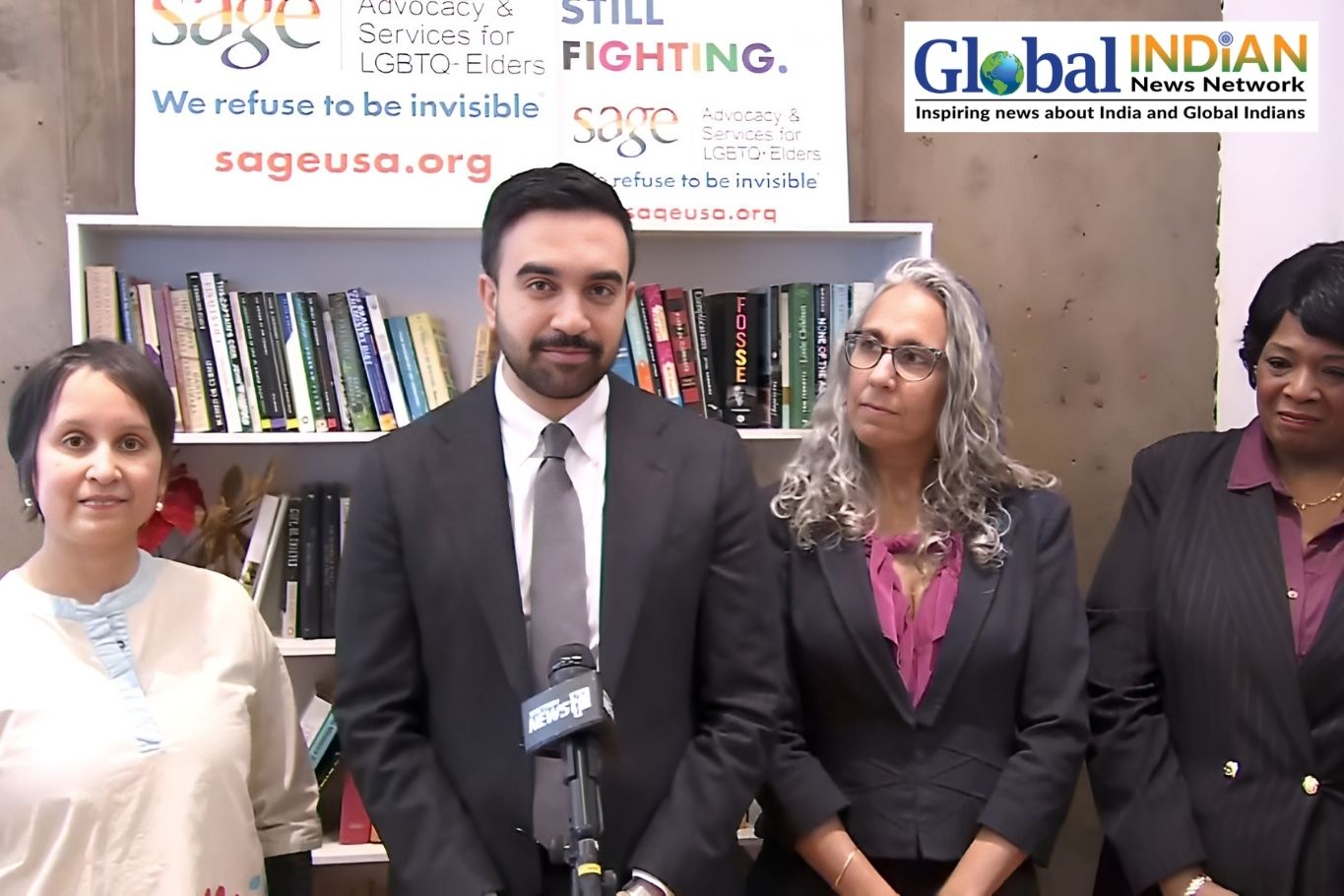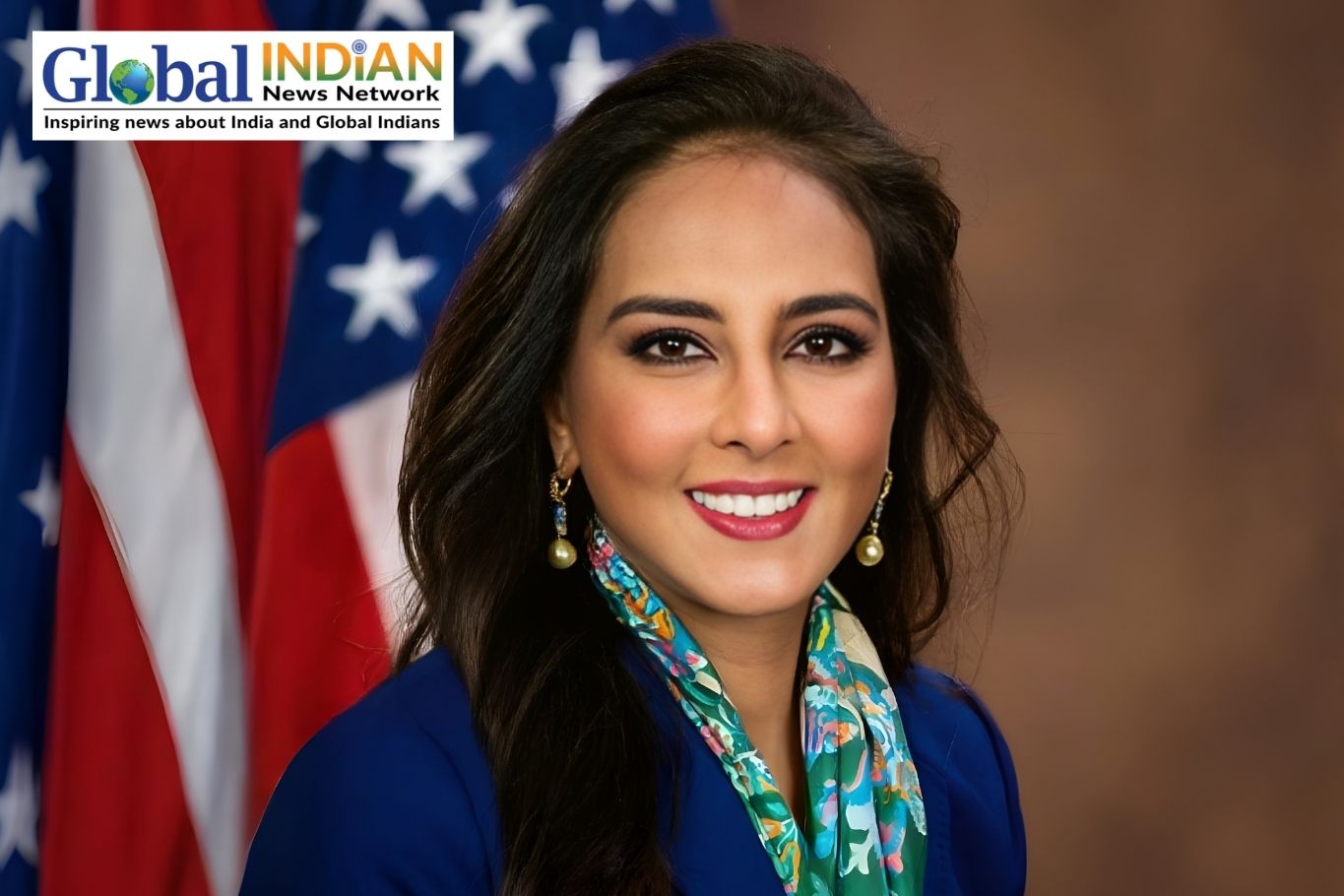
In a groundbreaking analysis of the Indian American community’s impact on the United States, a recent report by Indiaspora and Boston Consulting Group reveals a staggering economic footprint. Despite comprising only 1.5% of the population, Indian Americans contribute 5-6% of the nation’s total income tax revenue, amounting to a substantial $250-300 billion annually. This demographic, numbering 5.1 million strong, has not only bolstered the U.S. economy but also demonstrated remarkable growth in economic competitiveness over the years.
The influence of Indian Americans extends far beyond tax contributions. Notably, 16 CEOs of Indian origin helm Fortune 500 companies, including tech giants like Microsoft and Google, collectively employing 2.7 million Americans and generating nearly $1 trillion in revenue. These leaders exemplify the community’s profound impact on corporate America, embodying a narrative of achievement and leadership.
Moreover, Indian entrepreneurs have made significant strides in the startup ecosystem, co-founding 72 out of 648 U.S. unicorns, valued at a combined $195 billion and employing over 55,000 people. This entrepreneurial spirit underscores their role not just as job creators but also as innovators driving forward industries across the country.
Academically, Indian Americans exhibit exceptional attainment, with 78% holding a bachelor’s degree or higher, surpassing the national average by a wide margin. They constitute a substantial proportion of faculty members in American universities and are prominently positioned in leadership roles within top academic institutions.
Furthermore, the Indian diaspora’s influence permeates into policy and governance, with approximately 150 individuals holding significant positions within the U.S. federal administration. This includes Vice President Kamala Harris, illustrating their growing impact on shaping national and global policies.
Despite these achievements, challenges persist within the community, including economic disparities and undocumented status among a segment of Indian Americans. Nevertheless, their contributions to philanthropy both in the U.S. and in India remain substantial, highlighting a commitment to social welfare and global development.
In summary, the report underscores the indelible mark of the Indian American community on various facets of American society, from economic prowess and innovation to academic excellence and policy influence, while also acknowledging the ongoing challenges they face.









